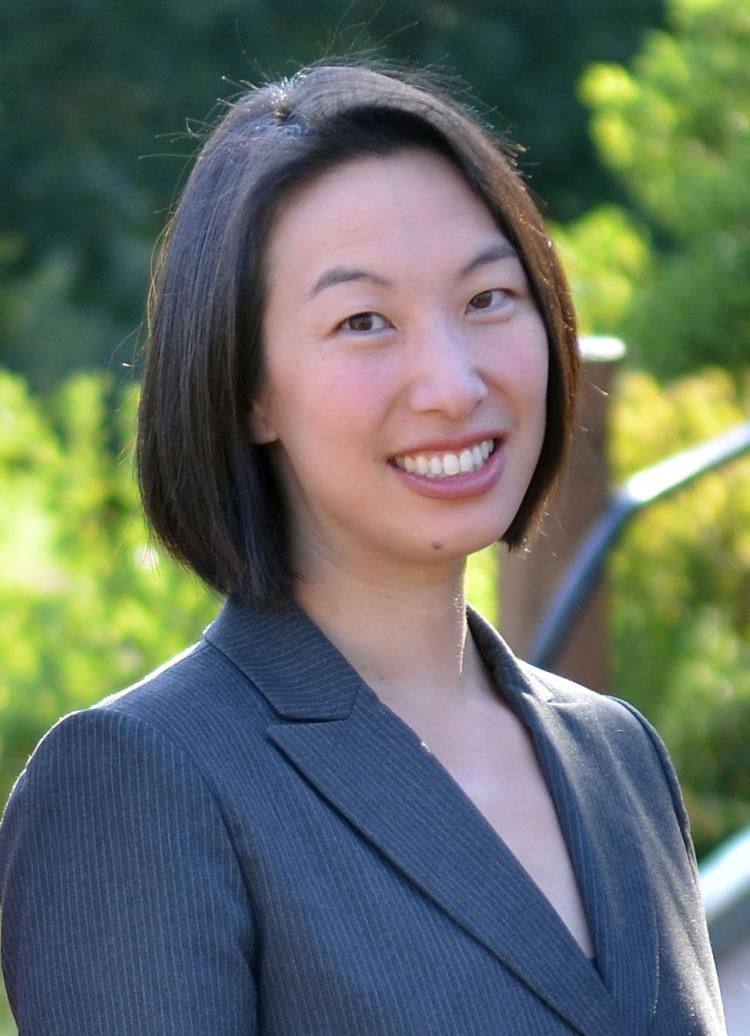Ming Hsu Chen

Please tell us about a piece of your scholarship or your teaching that you are passionate about and that is related to public service.
My teaching and scholarship revolves around immigration, race and civil rights law because they are topics of enduring relevance to our broader society and to marginalized groups with whom I identify. The law -- broadly defined to include case law, legislation, and regulation -- represents a framework for understanding the constraints and opportunities these groups encounter. So that's my focal point. When possible, I enjoy integrating empirical research into my legal scholarship because it keeps the academic theories connected to the real world.
How are students involved in your public service work?
One of my favorite aspects of being a law professor is working together with others on research that matters and is intrinsically interesting. Students have been some of my most valuable collaborators: I try to involve a research assistant in every project. I also encourage students to enlist me in their research. While I understand that not every law student wants to become a law professor who produces the academic scholarship, I think the experience of research is an integral part of legal education. Law school encourages a certain kind of learning in the classroom - in many classes, it's mastery of existing doctrine and consumption of related theories and research. It draws upon things others have written. It's in production of research that we take what we learn in the classroom about the law as-is and generate ideas about how to transform it into what it ought to be.
What motivated you to become involved in public service work?
Life is full of twists and turns and public interest careers are no different. I went to law school to be a public interest lawyer and assumed that would mean the types of work undertaken by my heroes at impact litigation firms such as the NAACP LDF, government agencies dedicated to civil rights such as the EEOC, and a wide range of nonprofit advocacy groups. It took a relatively brief exposure to each of these kinds of work to realize that I was better suited to academic research. I cared more about interesting ideas than winning a lawsuit or securing a legislative [victory]; I preferred open-ended inquiry to narrowly tailored and definitive answers. So I entered academia early in my career. However, I feel that I haven't changed my public interest orientation. The only thing that changed is that my mode of engagement is now scholarship rather than traditional legal practice.
What advice do you have for public interest students?
Public interest work consists of an orientation toward specific issues and communities. It is borne of commitment and conviction. It's not just a job. So I encourage law students to cultivate their interest in specific issues -- to find their issue -- and to develop relationships with communities they care about. And I encourage them to do this regardless of their actual job description or paid work. Being a public interest lawyer takes creativity and persistence because public interest careers are rarely straightforward or continuous career paths. Many nonprofits and government agencies do not pay their summer associates and many of them do not commit to hiring young attorneys right out of law school. This can turn law students and young attorneys away from public interest careers. Students should know there are LRAP programs and fellowships and pro bono work that enable them to maintain their interests and commitments. For those who feel they cannot pursue public interest jobs immediately, I would urge them to take the long view and find employment that helps them develop transferable skills that will be useful later on. Those public interest organizations will recognize their longstanding commitment and appreciate their investment in skills, wherever developed, once they are ready to hire.


